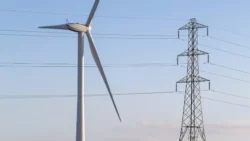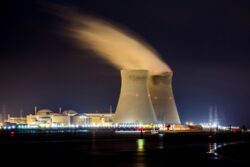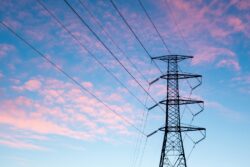L.E.K.: What are Key Energy Investment Trends?

Energy investment trends are shifting towards sustainability according to an L.E.K. Consulting study, but challenges still remain for some solutions

Energy investment trends are shifting towards sustainability according to an L.E.K. Consulting study, but challenges still remain for some solutions

Advanced small modular reactors could be co-located with energy intensive data centres following a government pledge to approve more nuclear power plants in England and Wales.

Government mandates are encouraging EV purchases, so it is essential that utilities stay ahead of the race in 2025, says Adrian McNulty, vice president of Utility Solutions, IQGeo.

AI burns through a lot of resources. And thanks to a paradox first identified way back in the 1860s, even a more energy-efficient AI is likely to simply mean more energy is used in the long run.

As the world transitions toward cleaner energy sources and grapples with critical political shifts, 2025 is shaping up to be a pivotal year for the power sector.

National Grid has started work on connecting the UK’s biggest ever battery facility.

With renewable energy development outpacing infrastructure upgrades, data centres face mounting risks in power reliability. Hybrid power solutions, including gas generators, could bridge the gap.

Collaboration across the entire EV ecosystem is required to drive more efficient and sustainable battery and EV recycling, according to a new international study.

The Energy Networks Association (ENA) has launched a new online resource to help new and existing flexibility service providers participate in the growing local flexibility market.